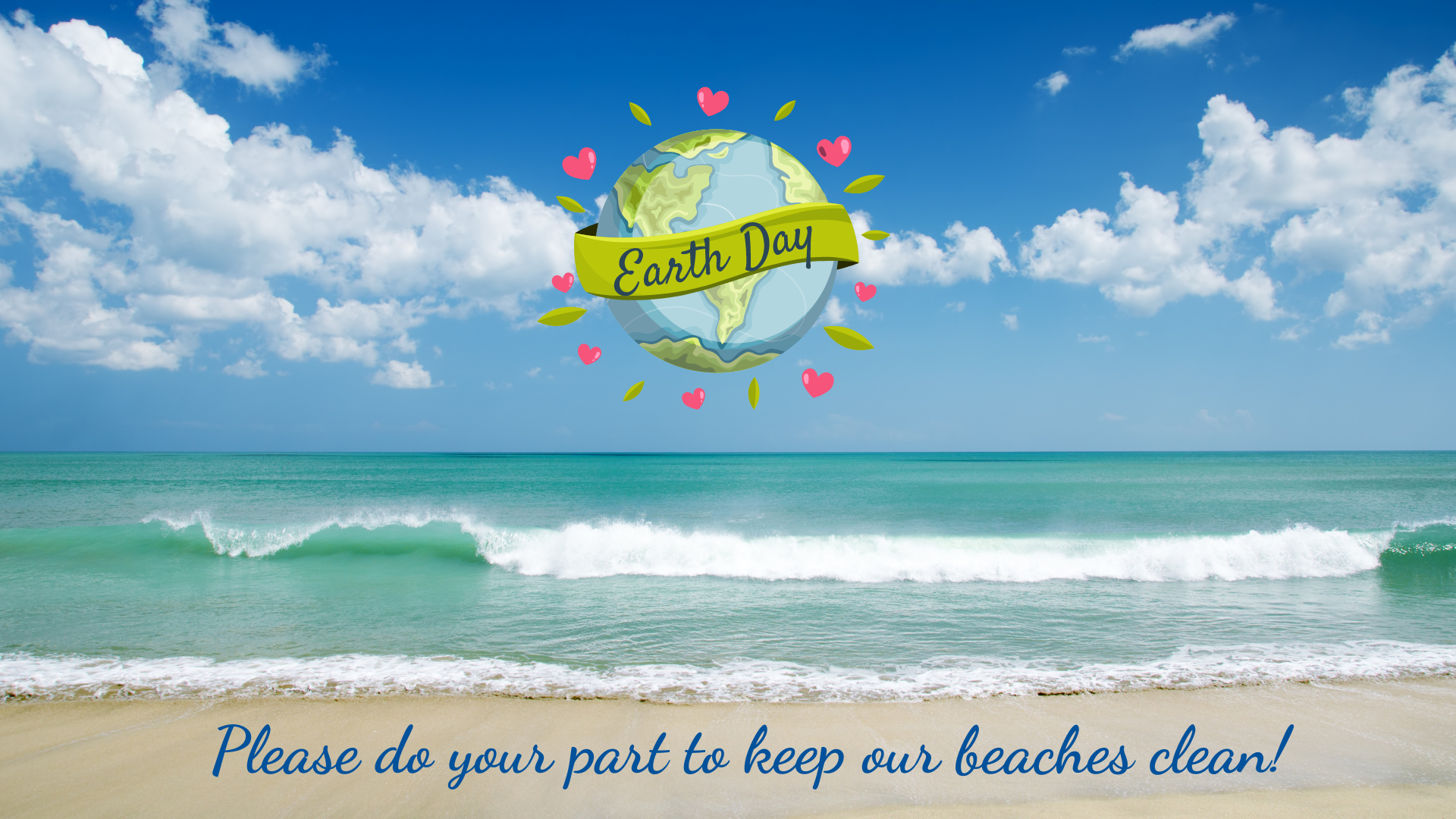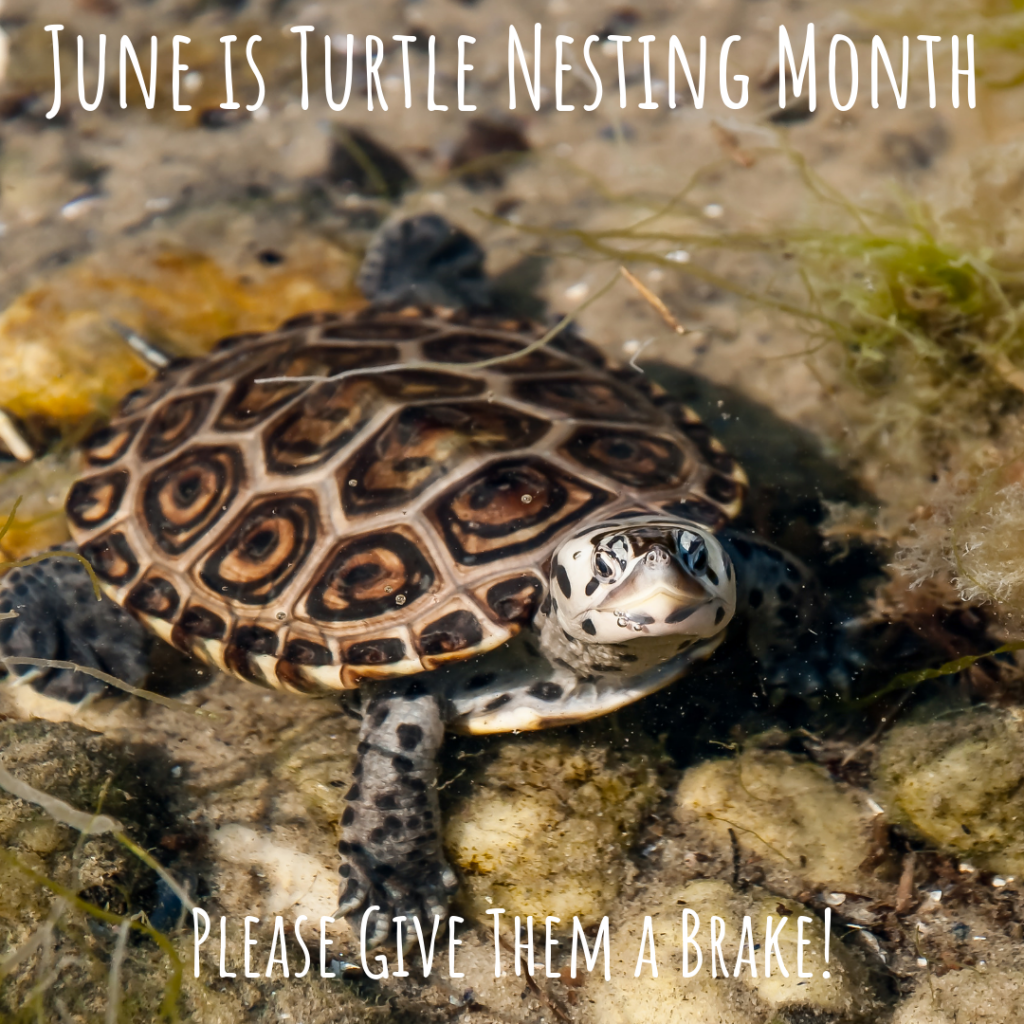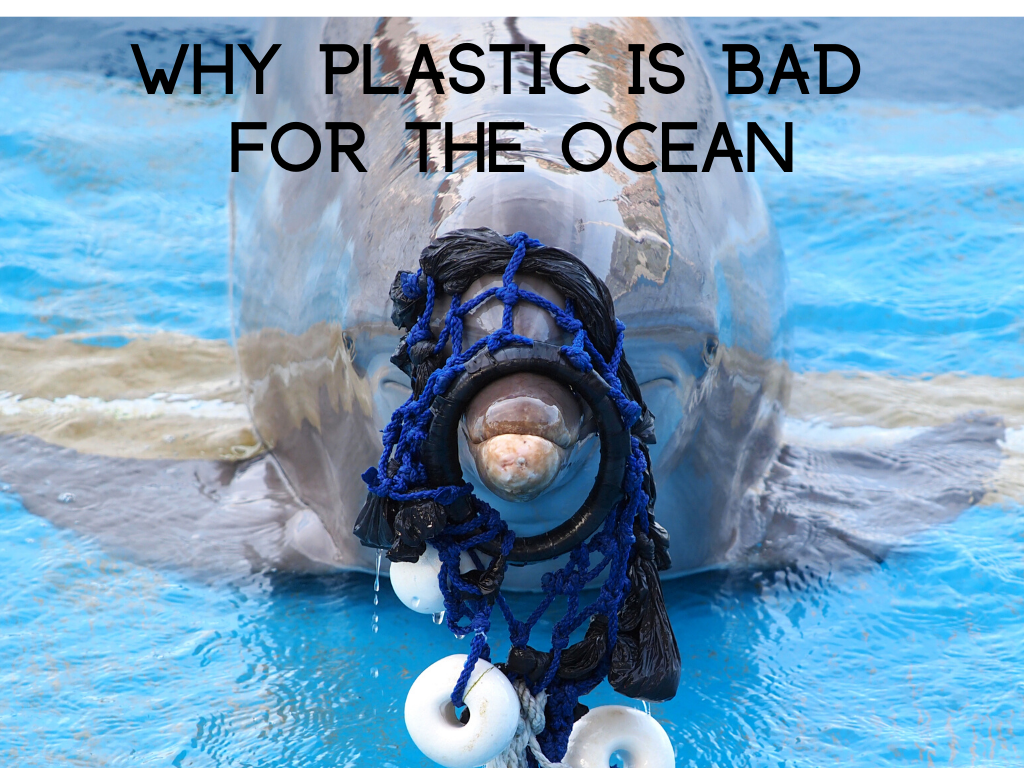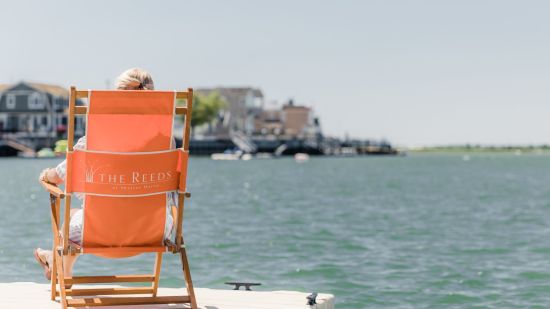How to Keep Our Beaches Clean

We received this beautifully written letter from Maureen O’Reilly, a University of Notre Dame student who is also a fellow beachgoer. We felt Earth Day 2022 was a perfect time to share her sentiments about the importance of taking care our beaches. As we head into a new season, Maureen’s letter serves as a great reminder of just how much we need to protect this natural treasure of ours.
Thank you, Maureen, for sharing this with our readers!
Dear Jersey Shore Beachgoers,
For as long as I can remember, I have been vacationing at the Jersey Shore. My family has been the typical beach family for years, as you may be, armed with coolers full of snacks and drinks, towels, umbrellas, and sand toys. Along with these items, my dad always brings a trash bag with us and ensures that any trash we have lands in the trash bag, and eventually in the dumpster. However, throughout the years, I began to notice that the other families around us were not behaving in the same way. They dropped their wrappers and cans into the sand, not bothering to bring them back with them or dispose of them in the beach’s conveniently placed trash bins. This upset me, as I was always taught that littering is a crime and is harmful to the environment, especially marine life. It left the beach looking ugly and ruined, certainly a place where no living creature could thrive.
According to National Geographic, over eight million tons of plastic are dumped into the oceans every year.[1] Plastics not only litter our oceans, but they can injure and kill marine life. One species particularly impacted by this illicit behavior is sea turtles. Since these creatures have impaired vision, they mistake plastic for food. Once the plastic is unable to break down in their stomachs, the turtles suffer a disheartening and premature death. Similarly, plastics also pollute nursery areas and turn into micro plastics, causing baby hatchlings to have a similar fate to that of the turtles. This not only threatens these species’ chances of survival, it damages their habitat.
Littering affects more than just these innocent creatures. According to scientists, the accumulation of plastic in the past decade results in everything from direct harm to marine animals like sea turtles, to leaching toxic chemicals that are ingested by fish that then make their way into human food systems.[2] A piece of litter that you drop could potentially poison another fellow human being. Put that into perspective.
This problem can easily be helped and possibly solved if you take responsibility for your actions and change your habits. While planning your Jersey Shore vacation, keep in mind that you need to bring a trash bag with you when traveling to the beach. Remind your children to pick up after themselves. Throw away that piece of litter along the shoreline. These are simple yet effective ways that we can keep our beautiful beaches clean and protect our beloved marine life.
Traveling to the beach is a privilege, and when we leave, it should be left better than when we found it. Eventually, our oceans and planet will not be savable. We must change now. It is up to you to take action and alter your harmful habits so that we may all protect the oceans and our beautiful beaches for many years to come.
Sincerely,
Maureen O’Reilly
[1] Parker, Laura. “New Study Shows Plastic in Oceans Is on the Rise.” Science, National Geographic, 3 May 2021, https://www.nationalgeographic.com/science/article/150212-ocean-debris-plastic-garbage-patches-science.
[2] Sridharan, Bhanu. “What Would Happen If the Oceans Are Completely Covered with Plastic?” Mongabay, 20 Aug. 2019, https://india.mongabay.com/2019/08/what-would-happen-if-the-oceans-are-completely-covered-with-plastic/.
Want to learn more about what you can do to protect our beaches? Check out our other posts. Happy Earth Day!









